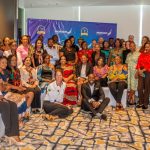Silencing the Shots:
A Poacher’s Redemption
In the vibrant heart of the Zambian grassland, a silent battle wages between man and beast. Before this moment, humans passed down the reverence of the wild, and the ecosystem maintained its natural order. As we have developed, the divide has become smaller, and the hunter has become the hunted. Several factors have driven this; some include socio-economic demand for wildlife products, poor governance, climate change, cultural beliefs, conflict and political instability and last but greatest of them all, poverty. Today, predators and prey are equally vulnerable to this threat.
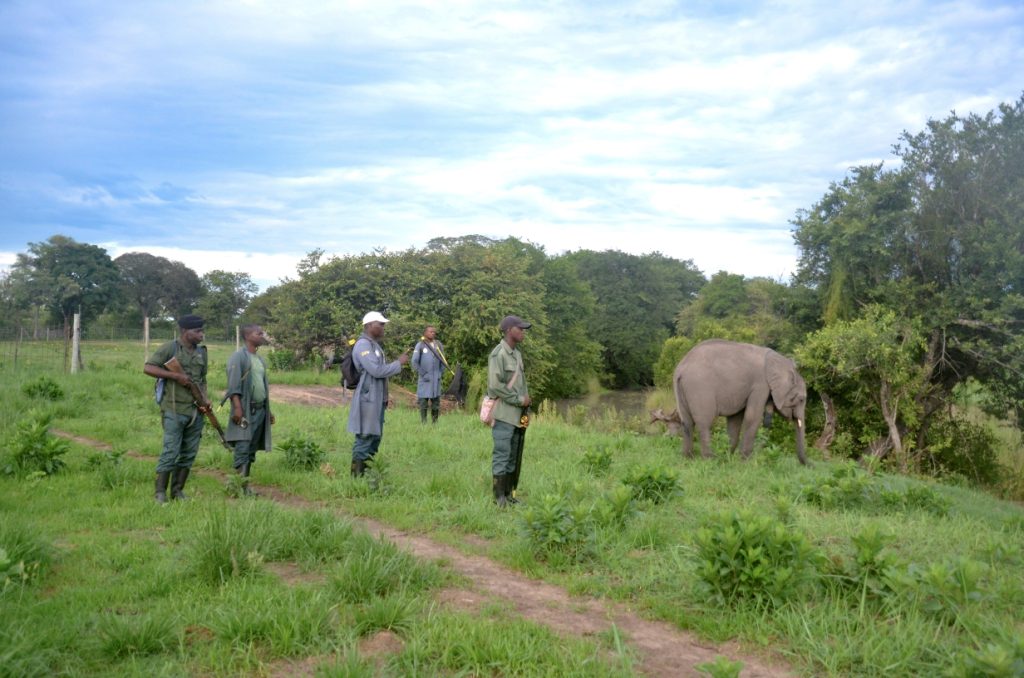
Meet Luka Chinoya and Kapanda Chilekwa, two strangers sharing the same dark past and inspiring story. Starting as tenacious young boys with equal potential for a bright future, Luka and Kapanda had the same hindrance.
Luka reflects on their shared predicament: “I aspired for a brighter future for myself and my family, but poverty held us back. I sought a means of livelihood, and unfortunately, poaching appeared to be the most viable solution.”
Poaching, an age-old menace, threatens the delicate balance of our ecosystems and biodiversity. This vice is detrimental to our ecosystem and biodiversity, and illegal game can also be harmful, transferring fatal pathogens from mismanaged, unregulated meat to the people who consume it. However, there’s a glimmer of hope in the shadows: reformed poachers who have chosen a new path as stewards of the wildlife they once exploited.
Speaking in earnest, Luka tells his story in CiNyanja, but there are no words for the danger he has faced throughout his life and his regret for his actions. He started poaching as a young man and grew up in the illicit trade, facing risks and danger for twenty years.
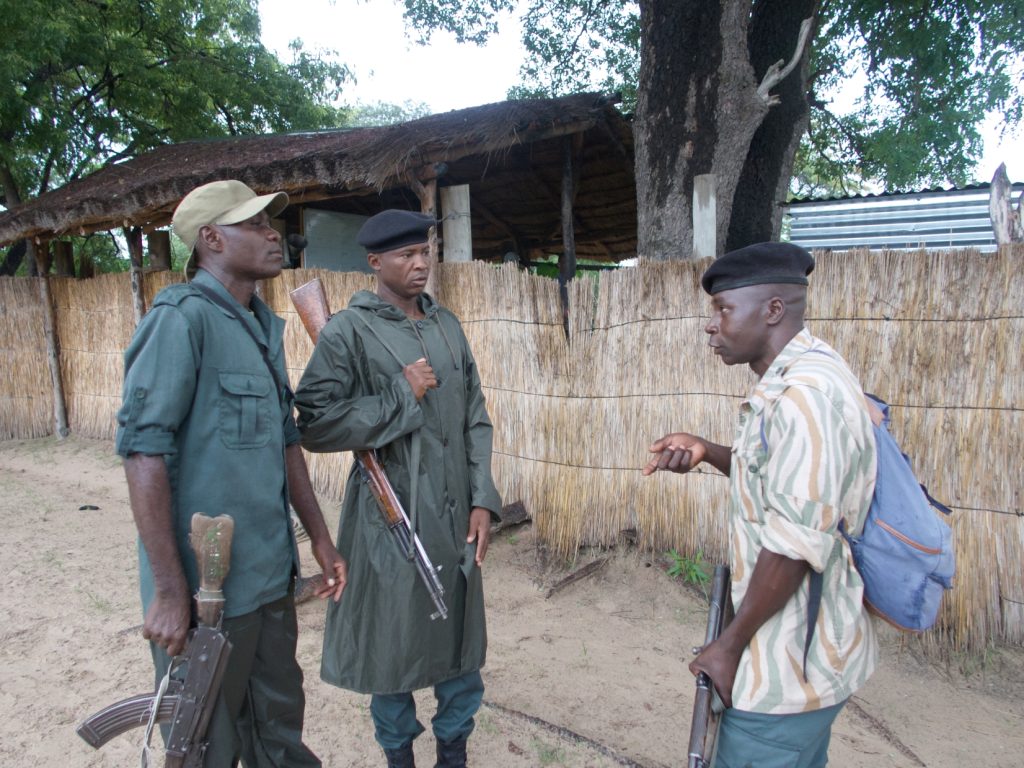
Do poachers know that poaching is wrong?
For Luka Chinoya, he had two choices: die of hunger or hunt. He chose the latter and lived a hard life, shooting down animals for sale at minimal prices so that he could feed his family. Today, he serves as a ranger supported by Game Rangers International, and when he shares that his favourite animal is the elephant, the warmth in his voice is genuine. Acknowledging wrong leads to true transformation, evidenced by his dedication to preserving the wild spaces he once hunted in. His hope today is that more poachers can come to understand the damage they cause so that they, too, can reform.
“I committed many crimes against mother nature, all while living in constant fear.” Kapanda Chilekwa shares in a moving short film produced by Mosam Media.
Samson Moyo, the proprietor of Mosam Media, is a talented videographer operating in Mfuwe who encountered Kapanda Chilekwa and told his story. In the award-nominated short film, we see the perils of growing up in a poverty-stricken community in South Luangwa, the hunger and desperation that drives many people to poaching and the illegal procurement of game meat and wildlife products.
What makes the story of Luka and Kapanda exceptional is their history. As poachers, they were masters of the wild. The work of a poacher is risky, dangerous and life-threatening. Every day is survival, and without formal training, they must develop intricate skills to learn, track, trap and hunt prized wildlife. In a twist, these are the same skills that have made them exceptional rangers.
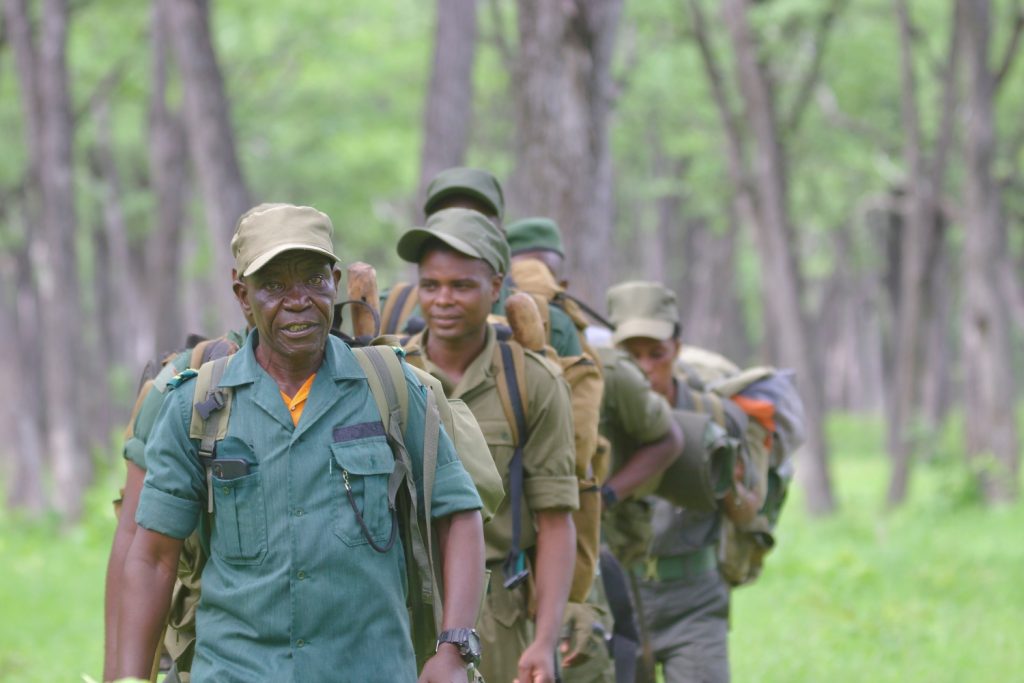
The turning point.
Kapanda Chilekwa knew the wild like the palm of his hand. During his reign, he was infamously known for his skill and vigour, recruiting more and more youth into his trade. Among them was his younger brother, who was left in his care. Their father deserted his family. To fend for their family, they resorted to poaching, and like a bad habit, the thrill of the hunt drove the duo from seeking out small antelope to chasing large game. The brothers found great success and grew an intricate network of poachers who understood sales, climate, and the habits and timings of ranger shifts. This syndicate continued to thrive until disaster inevitably struck.
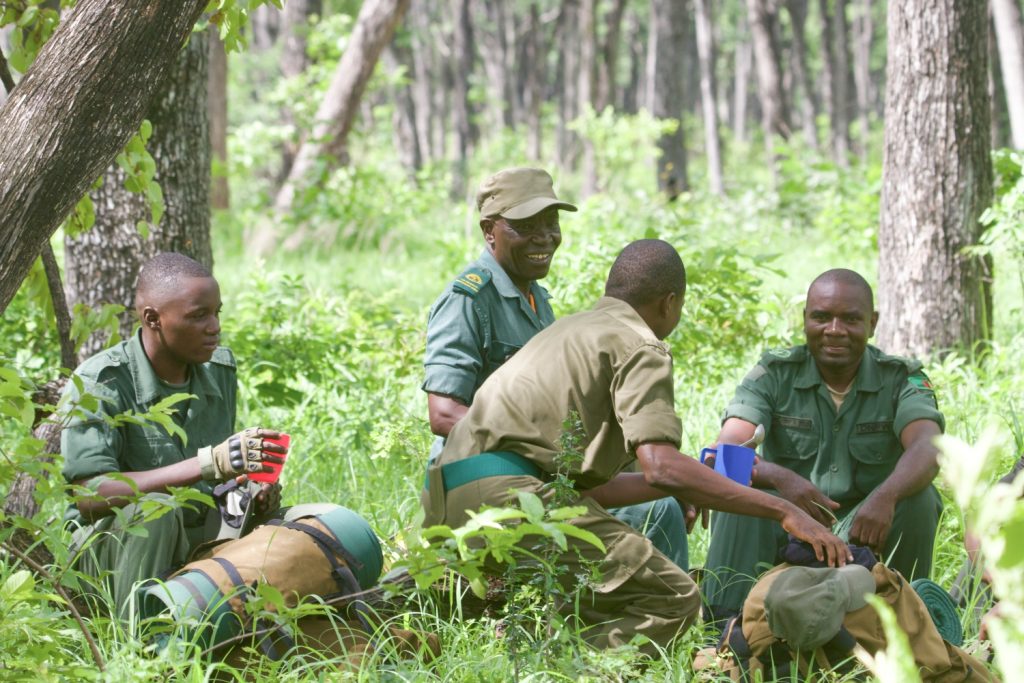
Kapanda’s brother met his untimely death due to the misfire of a malfunctioning gun while on a hunt. Tragically, at the time Kapanda discovered his brother’s lifeless body, he also found the most significant loss of his life. He was changed forever. Struck with grief, regret and nightmares, Kapanda made the pivotal decision to give up poaching. But it wouldn’t be that easy. After the burial of his brother, he reflected on the damage done and decided it was time for a new path. He looked to farming as an alternate way to meet his needs, knowing that this transformation could cost him his life. His former network of poachers would come searching for him in fear of the information he possessed.
“Every person deserves a second chance”
-Benson Kanyembo
Benson Kanyembo, the Law Enforcement Officer from Conservation South Luangwa, states. There are no truer words, as it takes immense sacrifice to change a way of life. Kapanda Chilekwa faced persecution and was ready to turn himself in. However, in a cosmic twist, law enforcement officers decided that he was an asset and it would be beneficial to cooperate with him. He was incorporated into the conservation efforts in South Luangwa through full-time employment as a community scout with Conservation South Luangwa. With the knowledge he has brought in, Kapanda Chilekwa has been instrumental to the decline of poaching in the area.
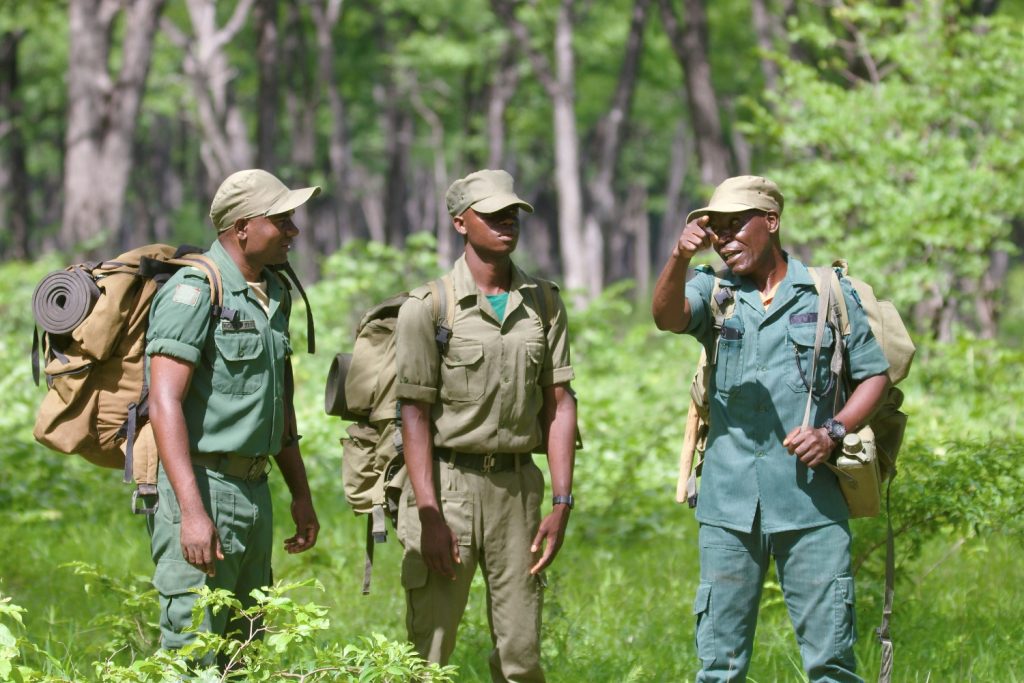
As a poacher, Luka hunted with a team of four, with their designated main targets being wild buffalo that they would shoot for bushmeat. It was a difficult life, with weeks spent trekking through the wild on foot, looking out for buffalo and wildlife rangers on patrol. After ten years of this way of life, he was captured and sent to prison in Kaoma. Here, he met his moment of transformation when he was offered the chance to join a reformed poacher initiative and become a ranger. Ever since then, Luka has served in Kafue National Park, based at the release facility for orphaned elephants, supported by Game Rangers International (GRI). GRI is a non-profit organisation working with the Department of National Parks and Wildlife and the local communities to protect Zambia’s wildlife and wild spaces. In a moment of chance, Luka found a way to apply his knowledge and received training to protect the animals he once hunted. Anti-poaching units supported by Game Rangers International have apprehended over 1,000 poachers and have removed over 750 illegal firearms from the Kafue landscape, saving the lives of countless species of wildlife. Luka carries an M59 rifle in the event he ever needs to defend the elephants or himself from aggressive poachers. Luka is now the longest-serving scout at the Release Facility, working there since its founding.
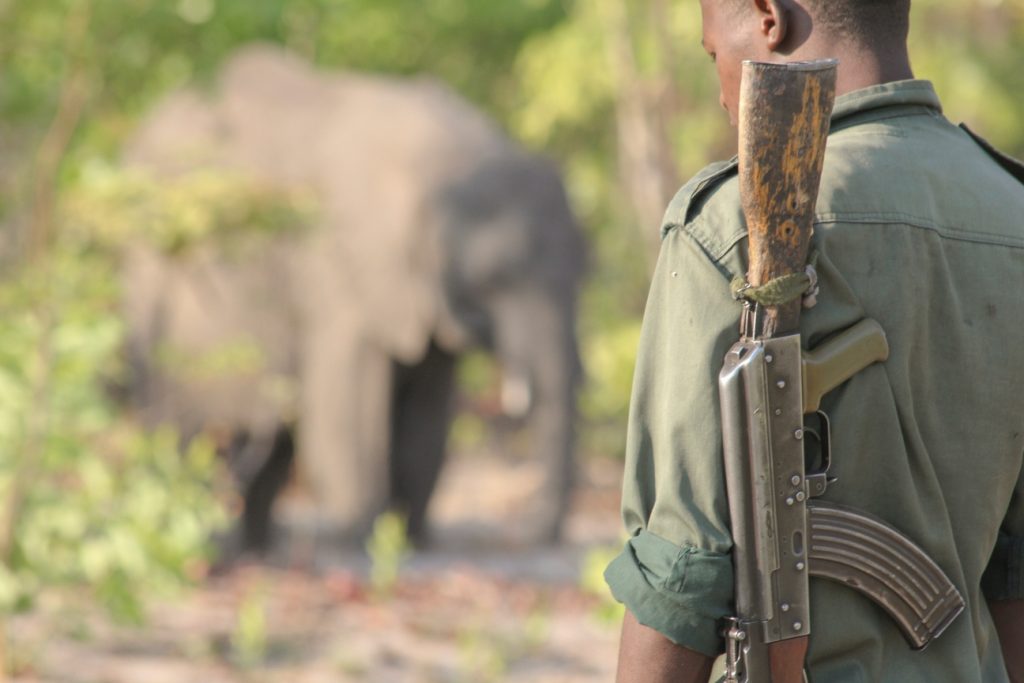
Together, lessons from Luka and Kapanda’s life converge to create a driving force for change that charges on towards a brighter future. The message is simple: Zambia’s wildlife is an invaluable asset that deserves protection and preservation to allow future generations to continue enjoying and benefiting from it.
